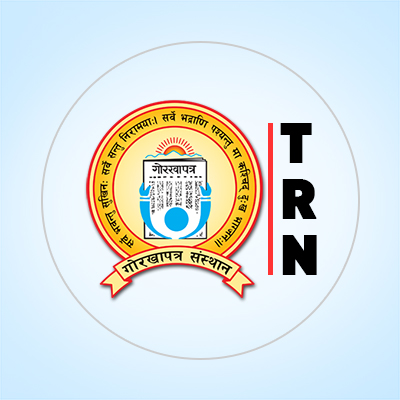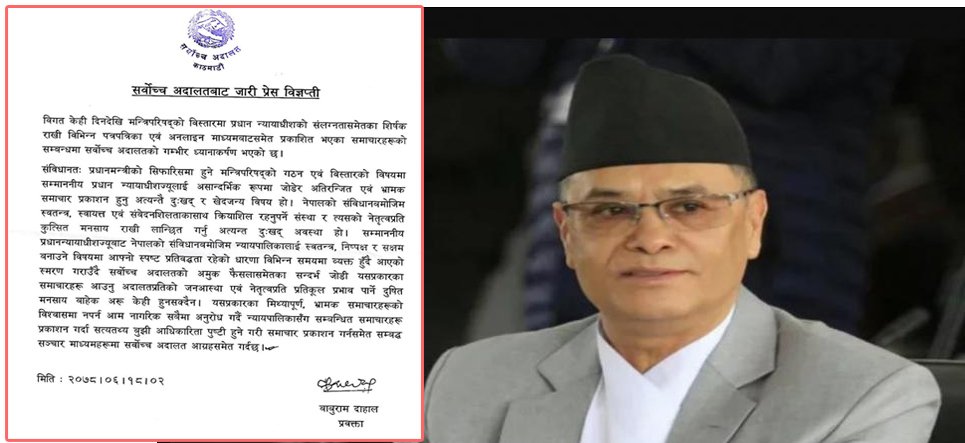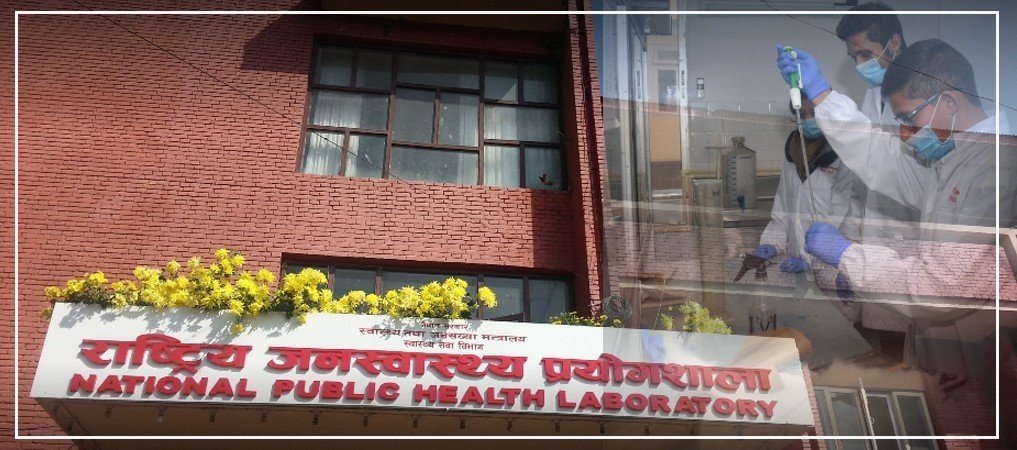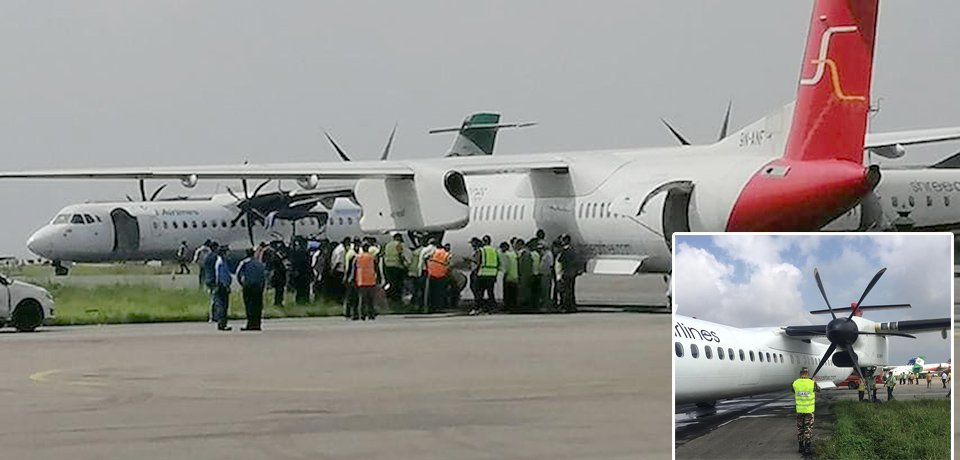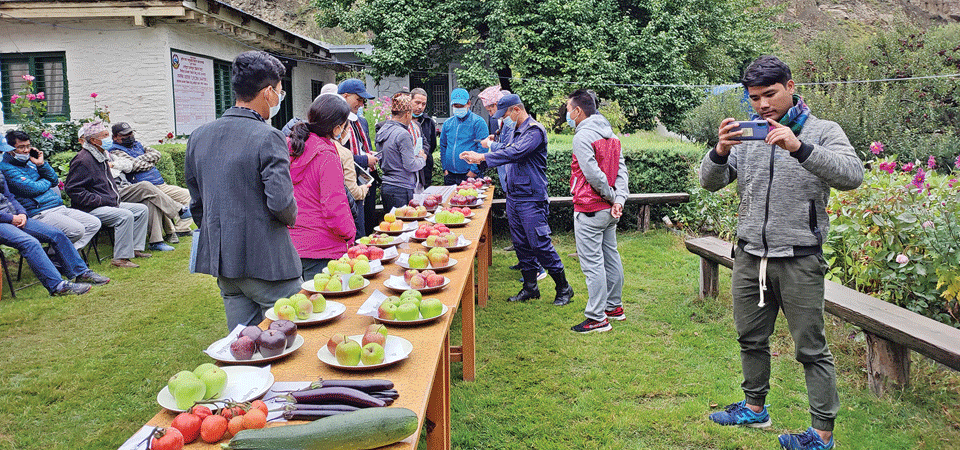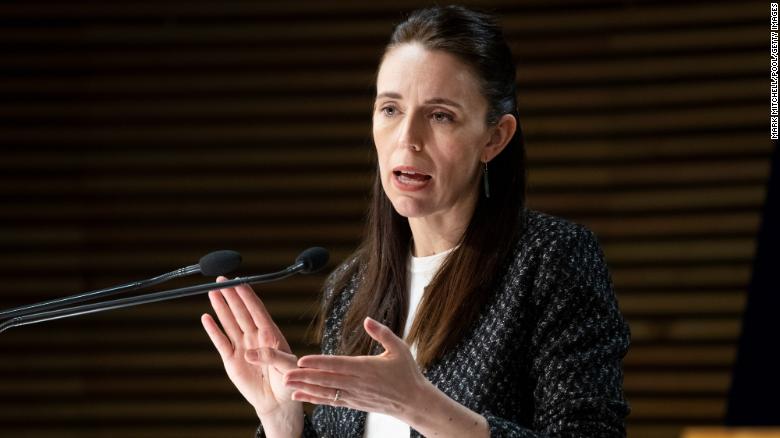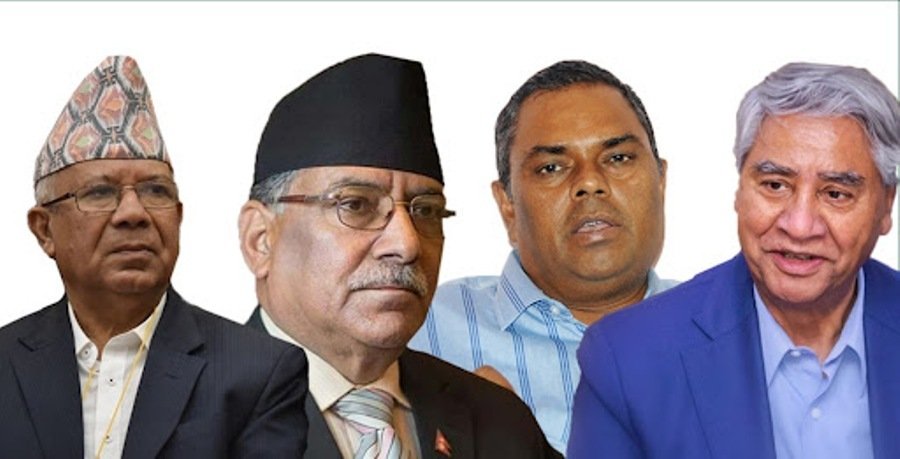We are trying to have more Nepali workers in Japan: Deputy Assistant Minister Iwamoto
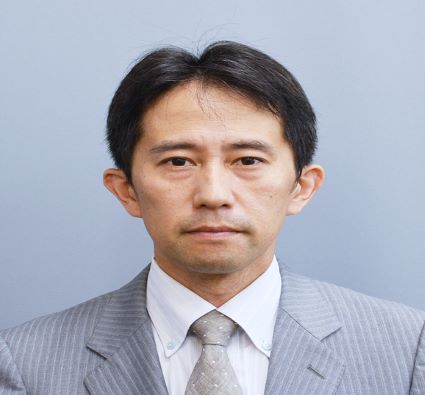
IWAMOTO Keiichi is Deputy Director-General / Deputy Assistant Minister, Southeast and Southwest Asian Affairs Department of the Ministry of Foreign Affairs of Japan. Japan has been a major development partner for Nepal. Nepal and Japan are celebrating the 120th anniversary of the first batch of Nepali students going to Japan for studies. Japan has also enlisted Nepal as a source country for labour market. Given this background, Nanda Lal Tiwari, Sub Editor of The Rising Nepal, talked with Deputy Assistant Minister Iwamoto at a webinar on issues pertinent to the bilateral relations between Nepal and Japan.
Excerpts:
Since the establishment of the diplomatic relationship between Japan and Nepal in 1956, relations between the two countries have been marked by mutual cooperation, especially Japan's continued assistance for Nepal's socio-economic development. Do you see there are areas yet to be explored, or more concentrated on, for boosting the relationship?
Japan is elated to see a good bilateral relationship between Nepal and Japan and continued cooperation between the two countries. We understand Nepal is trying to graduate from the status of a least developed country (LDC) by 2026.
After the great earthquake in Nepal in 2015, Nepal had been making steady progress to recover from the devastation of the quake. But, the COVID-19 pandemic affected the efforts of reconstruction. Given this, Nepal's imminent task seems to be maintaining sustainable, economic development. In this context, Japan is supporting Nepal to achieve that goal. So, first of all, we are very supportive of Nepal graduating from the status of an LDC and beyond that making autonomous economic development in the long run. So especially, we are focused on helping Nepal to enhance good governance and sustainable democratic systems. So we have 3 pillars for economic assistance for Nepal. First, economic development and poverty reduction, second, disaster prevention and climate change measures, third is, as I said earlier, good governance and enhancement of democracy.
Nepal Japan relations date further back to the formal diplomatic relations as evidenced by the fact that the 120th anniversary of the first batch of Nepali students going to Japan for study is being celebrated this year. What's your remark on this occasion?
It is a very good and important point for us. As you said, we have a long history between our two nations. As you know, we established diplomatic ties in 1956. But, even before that, as you rightly pointed out, we had a very long history of exchanges. For example, in 1899, Japanese Buddhist scholar Mr. Kawaguchi Ekai visited Kathmandu, and since then we had a series of friendly exchanges. And Nepal, as you said, dispatched the first batch of students abroad to Japan, and it was 120 years ago. 8 Nepali students visited first Yokohama port city in Japan. Now, According to the latest statistics for 2020, we have about 19,000 Nepali students in Japan. The number ranks third next to China and Viet Nam in Japan. We are very glad to see the increasing number of Nepali students studying in Japan and we believe that they really play an important role in bridging us in various areas. The Japanese government will be ready to enhance this kind of exchange.
The Government of Japan has recently included Nepal as one of the source countries for its labor market. However, this has not been actualized. What will be the process for this and by when will Nepalis start going to Japan as workers as such?
Actually, we are trying to have more Nepali workers in the coming years. In 2019, we signed a memorandum of cooperation (MoC) for accepting specified skilled workers in Japan. Expected areas are, for example, nursery, agriculture and eating out industries, among others. In some areas, workers need to pass the relevant exams. In order to better the understanding of the issue among Nepali people, we are trying to share more information with the Nepali embassy here in Tokyo.
Some argue that strategic interest is a major factor in international relationships and cooperation. Given this light, what are the major factors for ever-growing friendly relations between Nepal and Japan?
Maybe you know that Japan is strongly promoting the concept of a free and open Indo pacific. So, in this context too, we think that Nepal is a very important country to have more cooperation with us. We know that Nepal is surrounded by relatively big countries, and we hope that Nepal can sustain peace and stability even under such circumstances. So for that purpose again, we believe that democracy in Nepal is a very important factor in this regard. As I mentioned earlier, as a long-standing friend, Japan is ready to support Nepal to make progress in many areas such as agriculture, public health, education, good governance, peacemaking and disaster prevention and so forth. In addition, we believe that human resources would be very important for Nepal too. Japan has been supporting many countries in this area. In the case of Nepal, we are ready to further promote those efforts.
Japan and Nepal have been maintaining very good cooperation in the international arena. We strongly hope that we could continue this kind of collaboration on many issues globally.
What would you suggest Nepal should do for attracting more tourists, and also FDI, from Japan?
I think Nepal is a very beautiful country in terms of its nature, and the people in Nepal are very kind. Many Japanese people are attracted by those strong points to visit Nepal. Also, Nepal is famous as a good place to climb mountains. We strongly hope that in the post COVID period we could see the recovery of the Japanese tourists to Nepal. In the meantime, Nepal can appeal to more Japanese with the strong points that I just mentioned.
With regard to Japanese FDI in Nepal, the Japanese government wishes to see more Japanese investment in Nepal. But the government of Nepal raised the minimum amount of FDI. We are afraid such a measure could have some negative impact on the investment from Japan, especially the investment from small and medium-size enterprises because they do not have enough capital. We need more communications at this point in order to attract more Japanese FDI on a broader base.
When Japanese businesses invest in Nepal, maybe they need some Nepalis as partners. So in this regard, Nepali business people could attract more Japanese partners. In this regard, we are going to have a good occasion in 2025. Maybe you know that we are going to host an Expo in Osaka in the west of Japan. We understand that some private companies from Nepal are considering joining this Expo. If that is the case, they can appeal to the Japanese people about the merit of the investment in Nepal on that occasion.
Among many other infrastructures, BP Highway is an example of Japan's assistance in the infrastructure development of Nepal. Given Nepal's present development condition, what should Nepal need to do to get more Japanese grants for infrastructure development?
We successfully completed the BP road in collaboration with the government of Nepal, and also the local NGOs. We hope we can continue our efforts in this regard too. Both Japan and Nepal have experienced a lot of natural disasters. Based on the concept of building back better, we can have more collaboration in order to make a resilient society against natural disasters. For example, we could have a more robust structure such as schools. In this regard, we are ready to share our experience with Nepal.
Recent News

Do not make expressions casting dout on election: EC
14 Apr, 2022
CM Bhatta says may New Year 2079 BS inspire positive thinking
14 Apr, 2022
Three new cases, 44 recoveries in 24 hours
14 Apr, 2022
689 climbers of 84 teams so far acquire permits for climbing various peaks this spring season
14 Apr, 2022
How the rising cost of living crisis is impacting Nepal
14 Apr, 2022
US military confirms an interstellar meteor collided with Earth
14 Apr, 2022
Valneva Covid vaccine approved for use in UK
14 Apr, 2022
Chair Prachanda highlights need of unity among Maoist, Communist forces
14 Apr, 2022
Ranbir Kapoor and Alia Bhatt: Bollywood toasts star couple on wedding
14 Apr, 2022
President Bhandari confers decorations (Photo Feature)
14 Apr, 2022
